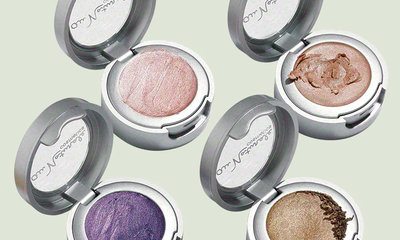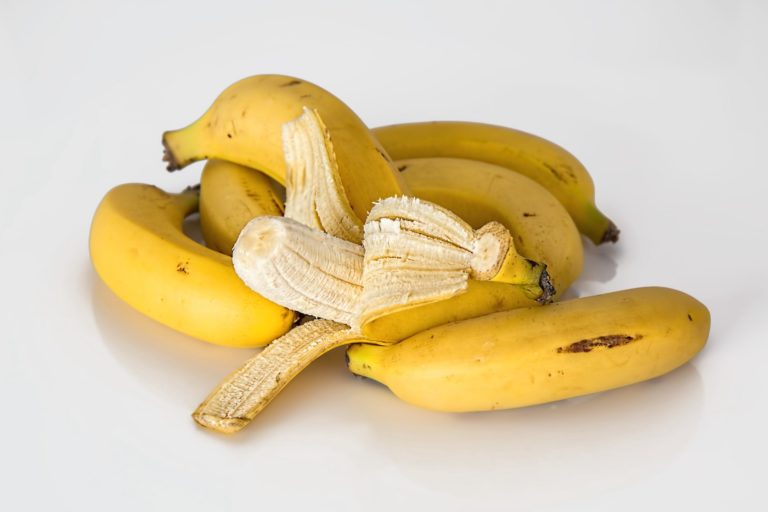There are so many causes which can lead to stuffy nose like a simply cold or a flu, allergies, a sinus infection and even pregnancy. A congested nose is one of the most common health issues. The main problem when you have nasal congestion it’s that you don’t breathe well. “Your nose isn’t there to just look good,” says Melinda Thacker, MD, a rhinologist in private practice in Worcester, Massachusetts. “It has functions. It should smell, and it should breathe.” Here are some causes which can trigger your stuffy nose.
Allergies

50 million people in the U.S. suffer from allergies, including to pets, pollen, mold, dust and grass. Sneezing a lot, feeling itchy and having watery eyes are certainly signs that you suffer from allergies and one of the classic symptom is a stopped-up nose. The simplest way to get rid of stuffy nose is avoidance, but if you can’t afford to stay home on dry and windy days you can use antihistamines, which can block histamine, an immune system chemical and help your nose to unstuff.
Flu and colds

Flu and colds are caused by viruses and they can trigger your stuffed nose, but usually they go away on their own. If you don’t take care, you could get another infection from the bacteria which grow in your “stagnant mucus,” says Lisa Liberatore, MD, an ENT specialist at Lenox Hill Hospital in New York City, which could be even more serious. Antihistamines can help you to clear congestion and nasal rinses wash bacteria and viruses away. “I emphasize the importance of hydration, staying away from alcohol, and getting plenty of sleep because lack of sleep [hampers] the immune system,” says Dr. Liberatore. “If there’s any time you want to prioritize sleep, it would be when you’re sick.”
Deviated septum

The issue with your stuffy nose can also come from inside. The most common internal structural problem is a deviated septum. The first sign you notice when you have deviated septum is that you can only breathe out of one side of your nose. “If [the septum] is bent over to one side, it’s only going to cause problems on that one side,” explains Dr. Chang. If you are lucky enough and you can still breathe easily you can take allergy medications to improve your breathing, but if you aren’t you will probably need surgery.
Pregnancy

When you are pregnant you expect things like morning sickness, a protruding belly or swollen feet, but you don’t expect stuffy nose. Pregnancy can come with rhinitis and is due to much more blood flowing into the tissue of your nose. Some pregnant women don’t have this issue and if you have this it can be risky to take some treatments. Pregnant women with rhinitis can count on saline rinses. “It may seem low-tech, but it actually really does help move any stagnant mucus out of your nose,” says Dr. Liberatore.
Nasal polyps

Nasal polyps are tissues which grow in your nose and they usually don’t bleed or hurt, but if they are big, they can block the nasal passages and sinuses and this will lead to stuffy nose. Also, if you have asthma or cystic fibrosis you can easily develop nasal polyps. “Once you get them, they tend to come back,” says Dr. Chang. Some people may need to stay on meds for years while others may need more than a simple surgery. If nasal polyps do return, you’ll need to be diligent about preventing the triggers of the polyps, like infections, he says.
Chemical irritants

A common culprit are fragrances. Some compounds can irritate your nose, especially those which are found in hair or body products. The worst part is that this type of fragrances can cut off your sense of smell and this leads to an even more stuffed nose. “You’re using more [product] because you’re not appreciating the smell, then all those chemicals are irritating the nasal cavities,” explains Dr. Liberatore. Start buying fragrance-free products, if you think this is the cause of your stuffy nose.

























